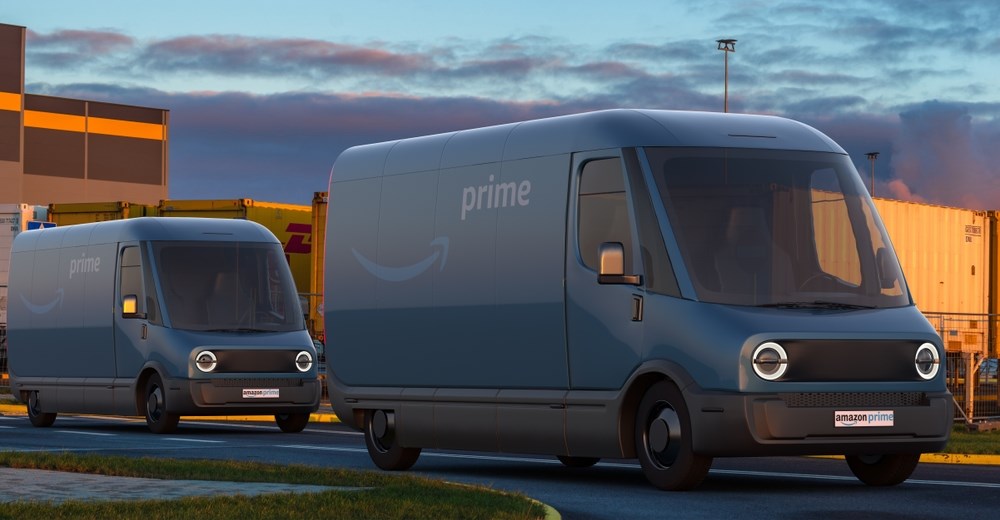Rivian, the electric vehicle (EV) maker, is reportedly in talks with Amazon to lift the exclusivity clause in their agreement. The clause, which dates back to 2019, grants Amazon the exclusive right to purchase Rivian’s electric delivery vans until 2030. However, due to lower-than-expected orders, Rivian is seeking to sell its electric vans to other customers.

Last year, Amazon began using the first Rivian electric vans, and the company placed a firm order for around 10,000 electric transporters in 2023. However, this falls short of the EV maker’s expectations, according to the Wall Street Journal, which cited internal sources at Rivian. The report indicates that Amazon has not placed orders at the higher end of the agreed range for its firm orders, causing resentment among Rivian’s management and investors.
Rivian’s disappointment stems from its calculations that expected more orders from Amazon to justify manufacturing the electric delivery van on its own production line. The exclusivity agreement limits Rivian’s sales potential to a single customer, and without it, the company could sell its vehicles to other customers, expanding its market and revenue streams.
Amazon, which aims to meet its sustainability goals by using electric delivery vehicles, has not yet commented on the possibility of lifting the exclusivity clause. The retail giant had announced its intention to invest more than one billion euros in expanding its electric fleets on the continent over the next five years.
Rivian is under pressure to meet the market’s expectations and ramp up its production. In 2021, the company delivered 20,332 electric vehicles, but its losses increased to $6.75 billion due to the investment costs in scaling up production. Despite the financial challenges, Rivian is rapidly expanding its production capabilities to deliver on its contracts with Amazon and other customers.


















